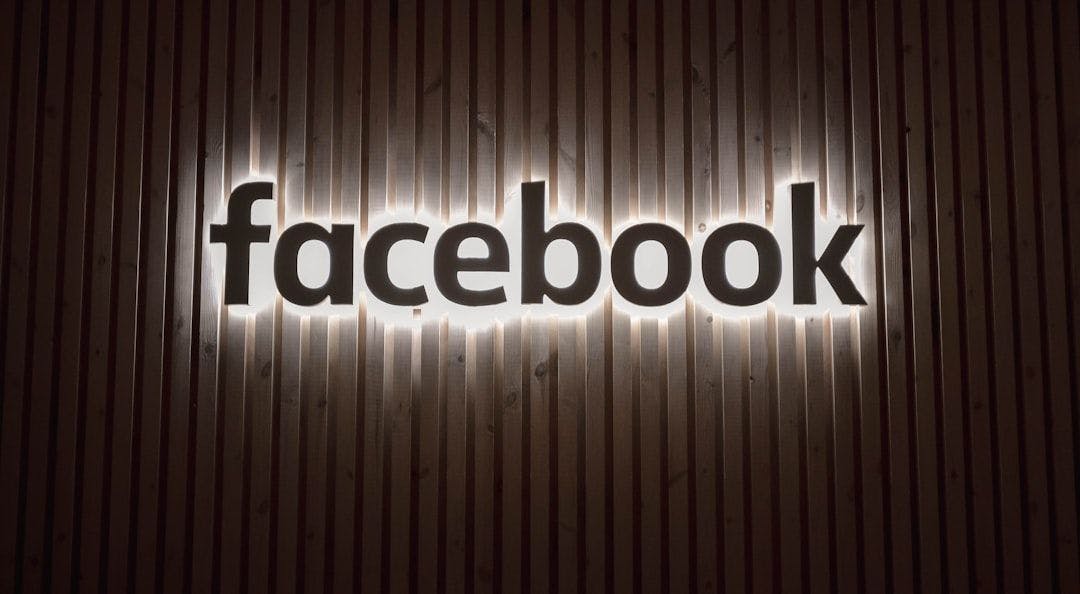195 reads
Meta's Blind Spot: How Scammers Run Free On Facebook While Victims Pay the Price
by
September 16th, 2024
Audio Presented by

Australian technology news journalist. Matt, 20 years of IT systems & networking engineering + security turned Journo.
Story's Credibility

About Author
Australian technology news journalist. Matt, 20 years of IT systems & networking engineering + security turned Journo.
